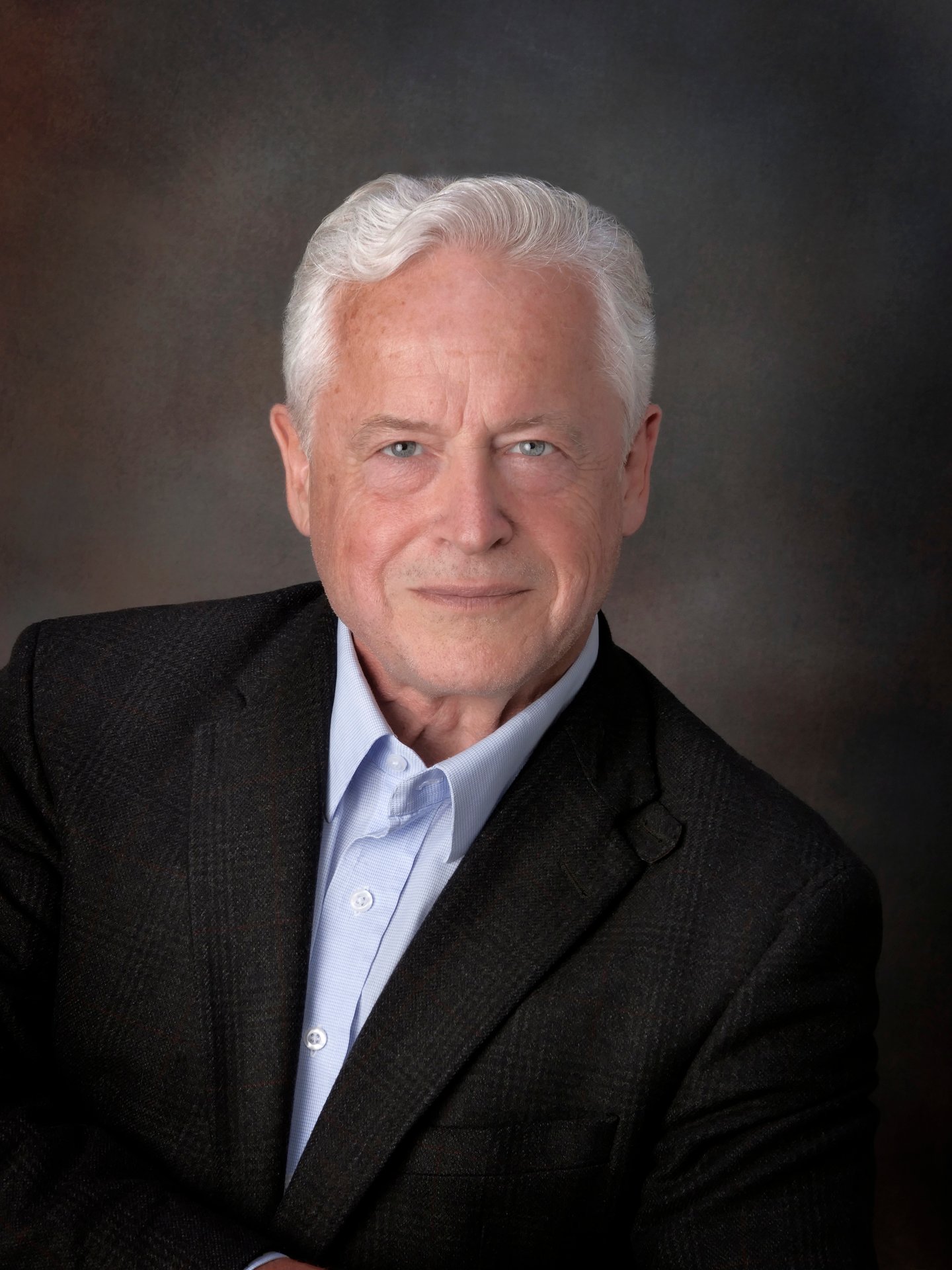Updated December 2025
The dizzying pace of workplace change means the skills that once defined career success are evolving. Upskilling has become a key strategy for professionals to adapt to new technologies, industry trends, and shifting job requirements.
The ability to learn and grow is no longer optional—it’s essential. That goes for virtually every field, from technology and healthcare to manufacturing and retail.
This blog explores the critical importance of upskilling for career advancement in 2025. Find out why continuous learning is essential for thriving in the future of work and what you can do to position yourself for long-term growth and success.
















